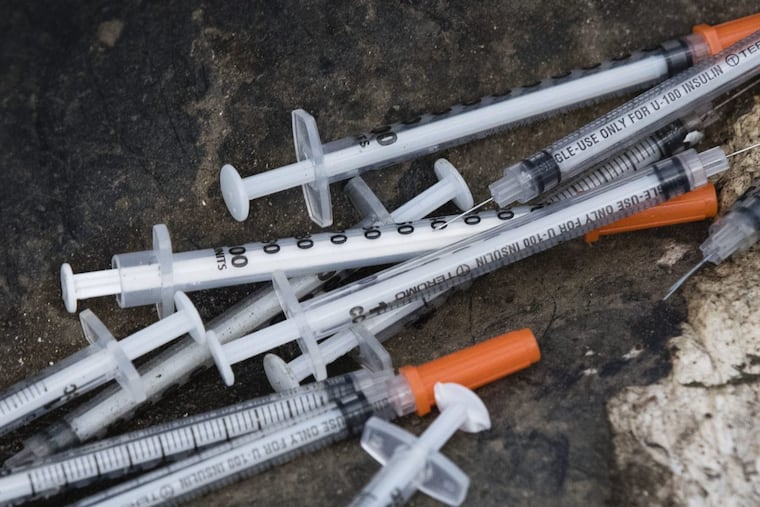Ex-CEO of Bucks County drug rehab pleads guilty to milking patients for profits
Urine was prized above all else at Liberation Way, which operated centers in Yardley, Bala Cynwyd, and Fort Washington, prosecutors said. And cofounder Jason Gerner illegally bought insurance for addicted patients so that the company could profit from frequent and expensive drug screenings.

The cofounder of a Bucks County drug rehab company pleaded guilty Wednesday to spearheading a wide-ranging fraud scheme that exploited patients as profit generators and bilked insurance companies out of tens of millions of dollars.
Urine was prized above all else at Liberation Way, which operated treatment centers in Yardley, Bala Cynwyd, and Fort Washington, prosecutors said. And Jason Gerner — who helped launch the company in 2015 and also served as its CEO — illegally bought insurance for dozens of addicted patients so that he and his partners could profit from frequent, medically unnecessary, and expensive drug screenings.
In pleading guilty to charges of conspiring to commit money laundering and health-care fraud, Gerner, 46, of Shamong, Burlington County, told a federal judge that he and his partners were responsible for nearly $17 million in fraudulent insurance billings between 2015 and 2016. He could face years in prison.
Gerner’s admission of guilt comes five months after he and 10 other executives were charged in a joint investigation by the Pennsylvania Attorney General’s Office and federal authorities in Philadelphia that highlighted Liberation Way’s dubious history in a state where opioid addiction is responsible for thousands of deaths each year.
“These defendants held various positions within the Liberation Way organization, but they all had one thing in common — all had a responsibility to the people they were serving, the people who needed help,” said First Assistant U.S. Attorney Jennifer Arbittier Williams in a statement. “They failed in this important responsibility and are now paying the price.”
Gerner’s Center City attorney, Brian J. McMonagle, declined to comment Wednesday on his client’s plea, citing a court seal that U.S. District Judge Wendy Beetlestone placed on filings surrounding the proceedings.
Liberation Way has since been shut down, the treatment centers it owned have been shuttered, and sober houses it ran to house patients have been sold off to other operators.
But before the company’s demise, Gerner’s facilities were cited by the state Department of Drug and Alcohol Programs for more violations than any other program in the state.
Earlier this year, a state grand jury noted what it described as a “revolving door” of patients enrolling in Liberation Way’s programs, relapsing and then repeating the treatment process. State and federal prosecutors have alleged that cycle was by design.
As described in court filings, Liberation Way actively recruited patients with premium insurance plans so it could maximize profits through high-cost, out-of-network reimbursements for treatment.
Gerner and his partners would often pay for health plans for clients without coverage, while routing the money through sham charities with names like “Hope for Families” to skirt rules barring anyone but family members, religious organizations, or legitimate nonprofits from covering the costs.
Patients were required to live in “sober homes” rented and owned by Liberation Way that grand jurors described as poorly supervised breeding grounds for relapse. There, staff ensured that clients showed up for frequent treatments, including hundreds of unnecessary urine screening tests ordered by company doctors, who in many cases had never met the patient.
An associate at several Florida urinalysis centers has pleaded guilty to paying kickbacks as high as 40 percent to Gerner and his partners from insurance payments his labs received from Liberation Way’s frequent testing.
Four others, including the company’s former medical director — Domenick Braccia, 57, of Perkasie — also have entered guilty pleas to state or federal charges.
Gerner’s partner in cofounding Liberation Way, Dallas Fetterman, died of a drug overdose in 2017.